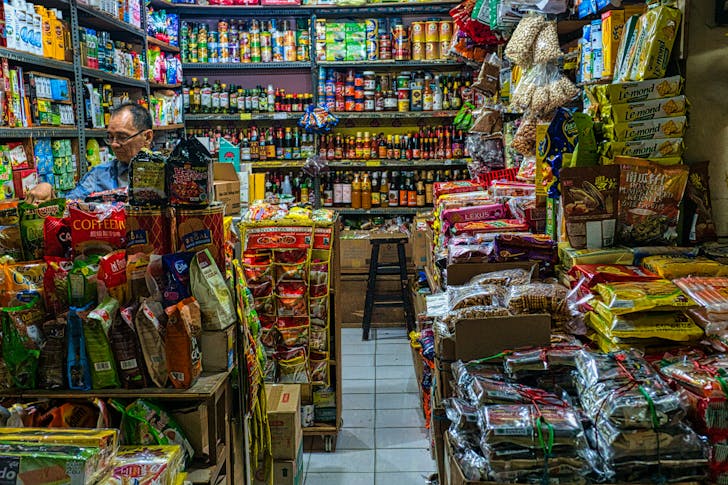Wholesale price refers to the cost at which retailers purchase products in bulk from suppliers or manufacturers. This price is significantly lower than the retail price because it is meant for large-volume buying and does not include additional costs such as marketing, packaging, or the margins that come with direct sales to consumers. Retailers who buy at the wholesale price set the stage for their pricing strategies, ultimately influencing their profit margins.
What Is the Wholesale Price? Key to Retail Success
What is the wholesale price? It's the cornerstone of retail pricing strategies, enabling businesses to acquire goods in bulk at lower costs. This foundational pricing level determines how products are subsequently priced in stores and online, affecting everything from profit margins to competitive positioning. Retailers who grasp the importance of wholesale pricing can better manage their inventory and set competitive prices that attract consumers while retaining a healthy profit margin.
Impact of Wholesale Price on Retail Business
Wholesale pricing directly impacts a retailer's bottom line. The difference between the wholesale price paid to the supplier and the retail price charged to customers represents the retailer's gross profit. Understanding this aspect is crucial for retailers to formulate effective pricing strategies and make informed stocking decisions, which in turn, influence their overall profitability. Ignoring the dynamics of wholesale pricing can lead to narrow profit margins, significantly if wholesale costs increase.
Factors Influencing Wholesale Price
Production Costs
Production costs significantly impact the wholesale price. If the product manufacturing cost increases, the wholesale price naturally rises. This direct correlation ensures that manufacturers can maintain profitability, even with increased production expenses.
Market Demand
Market demand dictates the pricing flexibility wholesalers have. High demand can lead to higher wholesale prices, as wholesalers take advantage of the market's willingness to pay more. Conversely, wholesalers might lower prices in periods of low demand to encourage retailers to purchase more stock.

Freepik | By purchasing goods in large quantities, retailers can negotiate lower prices, translating into significant cost savings.
Competitive Pressure
In highly competitive markets, wholesale prices can be pushed downward as suppliers strive to attract business from retail companies. This competition can benefit retailers, allowing them to purchase goods at reduced prices enhancing their margins on retail sales.
Global Economic Factors
Global economic changes, such as trade policy adjustments or currency exchange rate fluctuations, can influence wholesale prices. These factors are often unpredictable and can affect the cost structure of wholesale goods across different industries.
The Benefits of Wholesale Pricing for Retailers
Cost Savings
By purchasing goods in large quantities, retailers can negotiate lower prices, translating into significant cost savings. These savings can be passed on to consumers through competitive pricing or reinvested into the business to drive growth.
Increased Profit Margins
Buying at lower wholesale prices increases the margin between cost and retail pricing. This higher profit margin can make a substantial difference in a retailer's financial health, providing more flexibility in pricing strategies.

Tom Fisk | Pexels | Retailers who take advantage of wholesale pricing can afford to offer a broader range of products.
Enhanced Product Selection
Retailers who take advantage of wholesale pricing can afford to offer a broader range of products. This diversity can attract a wider customer base and improve overall sales.
Improved Inventory Management
Bulk purchasing allows retailers to manage their inventory more effectively. It reduces the need for frequent reorders and helps maintain a balanced stock level, preventing both overstock and stockouts.
Competitive Edge through Wholesale Purchasing
Retailers gain a competitive edge by purchasing at wholesale prices. Lower input costs mean retailers can set more attractive consumer prices, drawing in more business and improving market share. Consistent product availability from bulk purchasing builds customer trust and loyalty, enhancing the retailer's reputation in the market.


